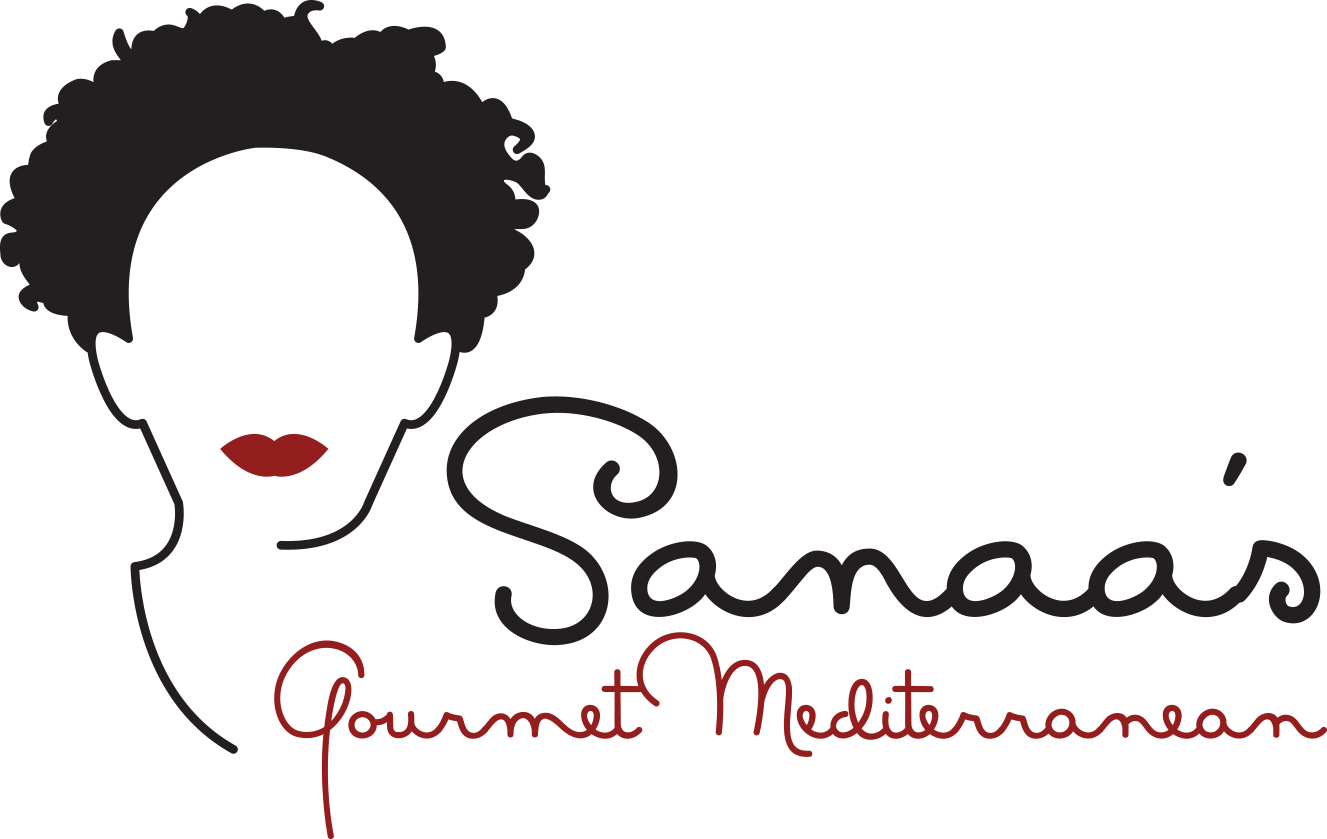Have you had pickled stuffed eggplant?
The other day, I was working in my garden when I saw a cute squirrel carrying some sort of seed pod in his mouth. He was cute because he acted as though I would steal the seed pod unless he hid it from my view. I watched him do this a couple times before I went back in the house to save him from the worry I knew I was causing him.Storing food for the cold months is an instinct that is not restricted nor exclusive to some animals, but also to us humans. Although in modern times we can find any food we want in a grocery store, whether canned, fresh or frozen, that't not the point. Many of us would rather can the tomatoes or pickle the cucumbers we grew in the summer.While Americans store food because we think it's a necessity for survival. From sun-dried tomatoes in Italy, to dried peppers and vegetables in Latin America, to drying parboiled wheat to make bulgur in the Arab world, to dried yogurt in Tibet, different societies have found ways to keep food edible long after it's harvested.Every fall, my father will buy 100 pounds of small eggplants (about 2 inches long), along with 50 pounds of walnuts, 10 pounds of garlic and 10 pounds of hot peppers.When he brings these items into the house, my mother never fails to be upset, because he always expect her to prepare makdousi, his favorite breakfast.The only problem today is, of course the five children who at one time lived at home with my parents, all are married and gone-but that hasn't stopped my father from bringing home the same quantity of ingredients.He always tells her he will help with this monumental project, and they can send the finished product to the children. but the only help he gives her is to peel the garlic, and then he sits on the sofa and watches television. He does keep my mother updated on soap operas.Makdousi, for the curious, is one way to preserve eggplant. The eggplant is boiled until it is half-done and drained in a huge colander; then rock salt is pushed into the soft pulp until it reaches the bottom. The rock salt removes the bitterness of the eggplant.The water is removed in the following manner: A square of marble is placed on the floor inside a large tub, and a barrel with both ends cut out is place on the marble. The salted eggplants are tightly placed, one by one, in the barrel until it is full. then another piece of marble that fits into the barrel is placed on top to squeeze out all the water, which drains into the tube.After a 24-hour period, the stuffing, made of chopped walnuts, chopped peppers, mashed garlic and some salt, is prepared. One by one, each eggplant is taken out of the barrel, filled with the stuffing and arranged in a glass jar with olive oil poured in. After about a month, the makdousi become sour and spicy, which means it's ready to eat.My mother is trying to pass the torch to us by giving us the recipe. I did try to make some this summer but they did not even come close to my mother's; I guess they need my dad's touch.Herb bundle1 cup chopped fresh thyme1 cup chopped fresh oregano1/2 cup chopped fresh rosemary1/2 cup chopped fresh sage1 tablespoon salt4 tablespoons lemon juicezest of one lemon-Mix all ingredients together.-Cut cheesecloth into 4-inch square pieces. Spoon one tablespoon of the mixture in the center of each square, tie it with a string and place on a cookie sheet, Repeat until you use up the herb mixture.-Place the tray in a freezer and leave it for 24 hours. Remove and place the bundles in a container, cover and place back in the freezer.Every time you make a soup, just drop in one of these bundles to enhance the flavor.
